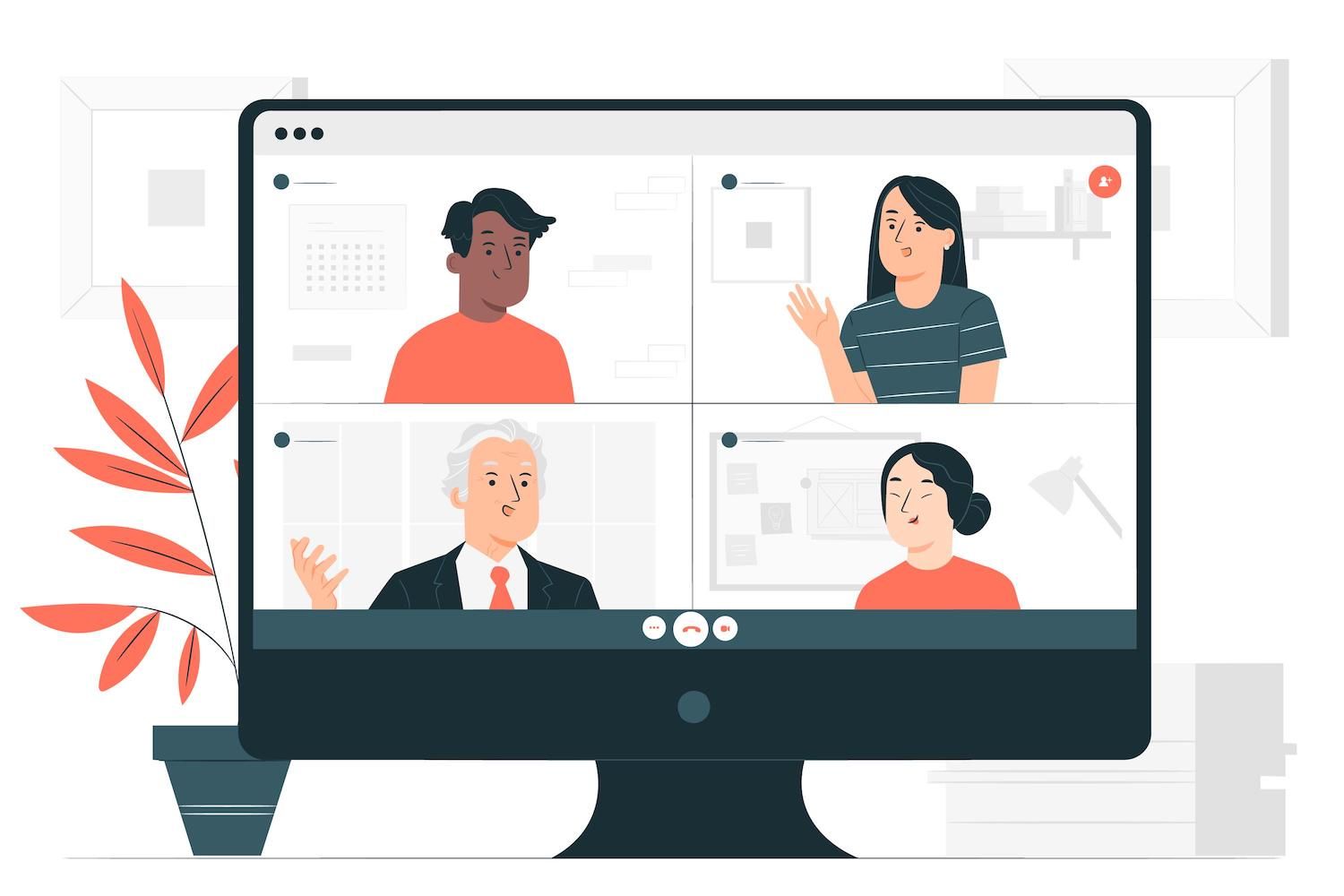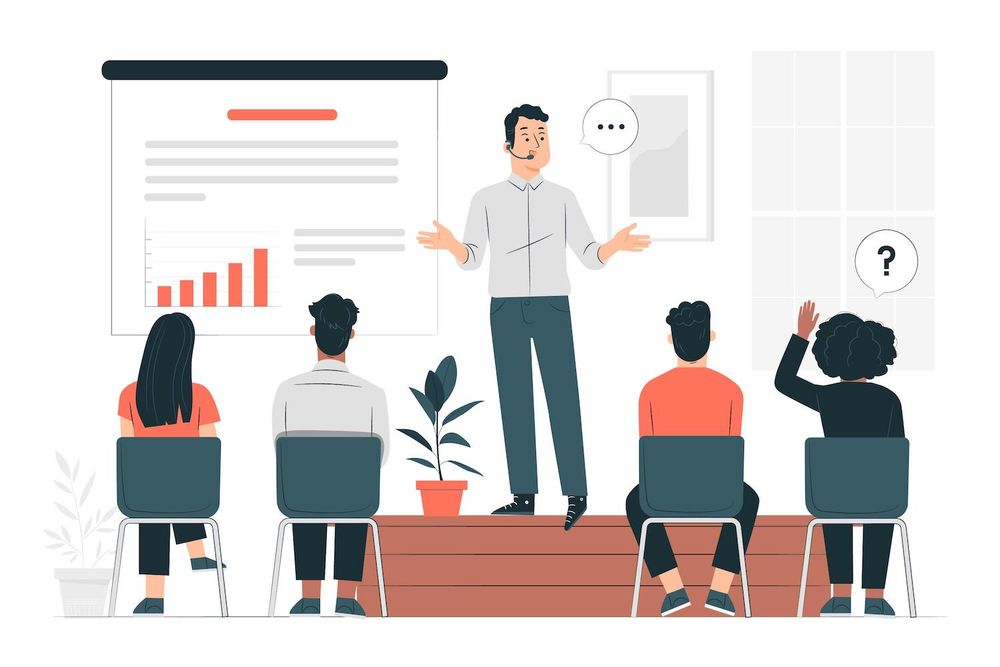The importance of web hosting to WordPress site security

-sidebar-toc> -language-notice>
Website security should be a top priority for all. We must do everything possible to protect our data and users safe and secure, since the possible effects of failing to do so are massive.
This article examines the importance of web hosting in terms of security. It also examines WordPress' particular requirements, and highlights areas where hosting makes an impact.
Let's get started!
What's the difference? WordPress security unique?
We'll take a closer look at why securing WordPress differs from other methods:
WordPress is well-known and power some of the most prominent sites
A vast system of plugins and themes
You could, for instance, choose a popular plugin for added functionality, but in the event that it's unmaintained or abandoned, it can create vulnerabilities that could compromise your site's security.
Even software that is well-maintained can exhibit unnoticed flaws, making regular updates and vigilance crucial. Consider it akin to keeping a house in good condition no matter how sturdy it is, the structure needs regular checks and maintenance to ensure there are no weaknesses that develop over time.
Security flaws are present in WordPress the WordPress core
Security flaws can also originate from the WordPress base. Updates tend to be released swiftly and applied via auto-updates, however many sites do not have automatic updates enabled on their site.
Frequent updates and vulnerability patching
WordPress frequently releases updates for its main features, while WordPress developers frequently modify their themes and plugins to address security vulnerabilities and to introduce new features. The speedy update process can be crucial in reducing the risk. These updates, however, can only be effective if they are applied quickly.
Automated updates also carry risk. If a plugin is affected, applying updates automatically can install malware. It's therefore important to review your plugins regularly and be sure to use trusted plugins developed by trusted developers.
Many vectors of attack
There are many ways to compromise an WordPress site, and much depends on the weakest link in your security setup. Hackers and their tools are smart enough to find and exploit it.
The most popular attacks include:
- Brute for attacks -- Aim to gain unauthorized access by repeatedly testing different usernames and password combinations.
- Insecure passwords weak or exposed passwords could enable hackers to gain control of your site.
- -- Tricks authenticated users to perform unintentional actions through a maliciously-crafted request.
- Cross-site scripting (XSS) -- Injecting malicious code into your site can be spread via plugins that fail to clean input properly.
- Hackers have the ability to gain hack into user's data and insert malicious code in your site's contents through a compromised database.
- Reverse shell attacks • Exploit weaknesses to create an reverse shell that allows hackers to access the server's operating system and your WordPress install.
The impact of your hosting provider on WordPress security
WordPress security is a complicated puzzle, and web hosting is the most important component. Hosts that don't cater to WordPress let the doors open for trouble to take place. This is how hosting has the biggest impact on the security of your site:
Cheap hosting likely means less security
Security is usually sacrificed. Hosting companies may not be investing in modern technologies that reduce risks. From a financial standpoint this is logical but top-notch security is expensive. Therefore, it's nearly impossible to provide both cheap as well as highly secure solutions.
As an example, I've had to deal with hosts that are budget-friendly before and faced persistent issues. I cleaned up malware infections several times but only to find them resurfacing after a few weeks. The replacement of every single file in the web site did not help also; the malware was always back. This was a frustrating, lengthy process. It was expensive to start with an excellent host would have made a more sensible investment.
This is why ensuring the security of your website should be the top concern if it's important to you, your company as well as your company, institution, or even your government. Investigate quality premium hosts--although they might not be inexpensive, they offer superior security measures and support. Often, you can negotiate with the sales team to secure a long-term deal with discounts as well as avoiding security problems or downtimes as well as poor service.
Types of traffic that are allowed to visit your site
The bot traffic that comes through is not all acceptable. Some are looking to wreak destruction. Unluckily, a vulnerable hosting provider will be unable to discern the difference.
The ability of a bot with malicious intent to gain access is the initial step to being compromised. The bot could attempt a brute force attack or search for vulnerable plugins. This is just the tip of the iceberg.
In particular, if you host your website on a low-cost service that does not properly filter out traffic will permit malware-based bots to infiltrate the server, leading to some slowdowns, and sometimes even delays. A host's insufficient security features will allow these bots to try brute-force attacks, and even exploit vulnerabilities frequently.
The cross-contamination issue with WordPress installation
For example, imagine you host multiple websites on a shared server. When one of the sites is affected the infection could spread to all the other sites located on the server. Cleaning up a cross-contaminated account can be nearly impossible. First, you'll need to determine the cause of the infection. When you've eliminated that issue it's time to clean the other websites. This isn't for the faint of heart.
If you host your website by a third party, you will benefit from 100% isolated environments. Each website runs its own isolated software container that guarantees total security and privacy. Linux container provide the necessary resources for each website to operate independently.
The importance of regular site backups
Consider an instance where your site has been compromised, and you must bring it back to a previous state. If the backup you have is not up-to-date or damaged, you will not be able to recover your site effectively, resulting in potential data loss and downtime.
In addition to regularly scheduled backups we also use automated backups that protect your data during critical tasks. This includes theme and plugin updates, pushing from staging to live, carrying out searches and replacements, and site resets. This ensures you always have a recent backup to revert to if anything goes wrong during these operations.
Monitoring of the site in real time
Are you aware of how your website's performance is? Is it running smoothly or suffering from a problem? Site monitoring keeps you on top of your site's performance in order to swiftly address any problems which arise.
There are a variety of WordPress plugins that provide tools for monitoring your site, assisting you monitor uptime, performance as well as potential issues. They can notify you in the event of any issue that could cause problems, and help you respond before they affect the users of your site.
Data encryption
The encryption safeguards data between your site and users, ensuring that hackers can't access sensitive information like passwords or private messages. Encryption measures that are strong and secure are vital to ensure the security of your website.
Services like Cloudflare offer SSL certificates to secure data transmission, setting up these solutions may require additional steps such as the exchange of names servers. In order to make this easier certain hosting companies integrate encryption functions directly into their services.
Additionally, we ban any unencrypted connection to our servers. We allow only encrypted connections through SSH as well as SFTP.
Security plugins that aren't sufficient
Security plugins don't start working after an intruder has been to your site. Even if they block an attacker, they could be able to damage your site, which can result in a decrease in the performance of your site and putting you at risks. In addition, hackers are creating malware to deceive plugins. An infected file can evade detection and even disable the plugin completely.
As an example, consider the scenario in which a bot accesses your site, attempting to exploit vulnerabilities. The security software may block the bot, but only after it's tried multiple attacks. This could result in slowing down your site and probing for weaknesses. In addition, advanced malware may override the security of the plugin or even disable it, making your site vulnerable.
So, it's best to catch potential issues on the server before they ever make it to your site. Hosting providers that integrate security measures for servers level are able to provide greater protection.
At , we have the infrastructure and features to recognize what security plugins aren't able to catch. Our hosting environment has options like
- Web application firewall (WAF) -- This is a way to block harmful traffic before it reaches your website.
- DDoS protection -- Protects your website from being overwhelmed by malicious traffic.
- Brute Force Detection -- Identifies and blocks attempts to gain access without permission.
- Removal and scanning for malware regularly scans for malware and eliminates it, to ensure your site is safe and secure.
- Containers for software that are isolated to prevent cross-contamination of sites running on one server.
By addressing security at the server level, provides an extra strong defense against attack, guaranteeing that your website is secure and runs at peak performance. This comprehensive approach to security gives you peace of mind, knowing that your site is protected against risks that plugins on their own cannot handle.
Summary
The security of your site is a multipronged approach. Choosing a security-focused web host is a big part of this process.
A secure host will provide you with the best equipment and technology. They understand the needs of WordPress and the WordPress ecosystem, and work behind the scenes to stop hackers.
Hackers never rest, and neither should your web host. Now that you know how important hosting has an impact you, make sure to choose the right host!
Eric Karkovack
Eric Karkovack is a freelance web developer and writer who has over 25 years expertise. He loves helping others learn about WordPress freelance work, as well as technology.
